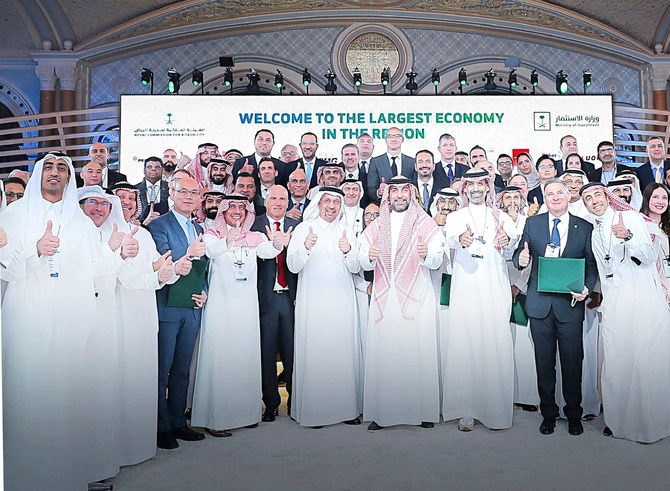
- ARAB NEWS
- 01 Jul 2025

RIYADH: It was surprising to see that the big deal makers and large asset managers are so displeased with the fast pace of the environmental action at the expense of global economic recovery.
For years, oil-producing countries such as Saudi Arabia have warned that the world is moving too fast to reduce carbon emissions, with the result that less money is being channeled into hydrocarbon projects.
These concerns were made clear by Prince Abdulaziz bin Salman, Saudi energy minister, and other leading Saudi officials.
Warnings from oil producers are rarely welcomed but as the reality bites, big investors are now making it clear that an energy supply crunch could be just around the corner if the underinvestment in oil and gas projects continues.
At the Future Investment Initiative Forum in Riyadh, top Wall Street firms warned of the risk of a sustained increase in oil prices.
BlackRock’s Larry Fink, the world’s top asset manager, said there is “high probability” of oil hitting $100 a barrel.
He reiterated the concerns he raised during the recent Middle East Green Initiative Summit, when he made it clear that he supports investment in hydrocarbons because the world needs affordable energy sources.
Prominent players from Saudi Arabia’s Public Investment Fund, asset-management firm Ninety One, and HSBC Holdings all called for the pace of investment in hydrocarbons to increase.
Fahad Al-Saif, the head of Global Capital Finance at the PIF, told delegates: “The essence of the urgency is not there yet. There has to be collaboration, across global institutions; it is a trust problem in delivering.” He added: “I worry about the balance of the pace at which we are moving.”
His concerns were echoed by John Green, chief commercial officer at Ninety One, who said between 60 and 70 percent of the conversations he has with clients are about energy.
Prince Abdulaziz bin Salman said Saudi Arabia’s ambitious plans to cut carbon emissions to net zero by 2060 do not mean there will be less investment in oil.
Despite the pledges to reach net zero and become a global leader in renewable energy, the nation wants to remain one of the leading oil-producing countries in the world, according to a strategy announced by the minister.
The “Claim and Retain Leadership” blueprint reflects the Kingdom’s desire to maintain its dominance in the oil sector, with “preeminence in energy markets” listed as one of its top goals.